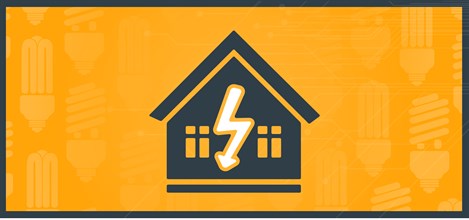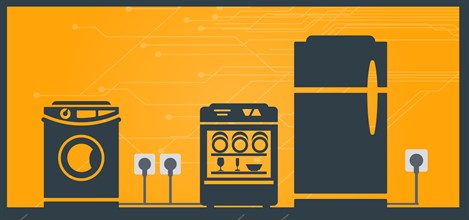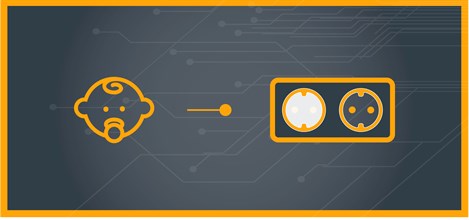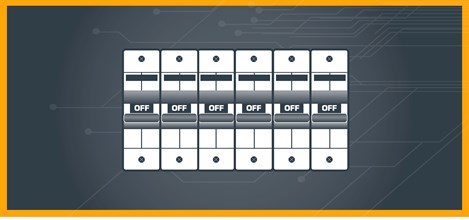Also, as public safety begins at home and with the community, we would also like to share some general tips about handling electricity securely:
- Never touch any cables laying on the ground
- Never enter or touch any distribution grid equipment (substation, transformer, switch)
- If you find an open substation, do not enter it and inform BUS immediately by calling our call center number: 1576
- Never try to climb on electricity poles
- Never try to repair a faulty electricity component yourself
- Never try to avoid the electricity meter or play with the circuit breaker
All electricity equipment might be charged with electricity and as such serious injury or even death can occur when safety directions are not followed – in case of doubt or the occurrence of any of the above please contact BUS directly, inform us of the location and we will send a specialized repair crew to handle the risk situation.










